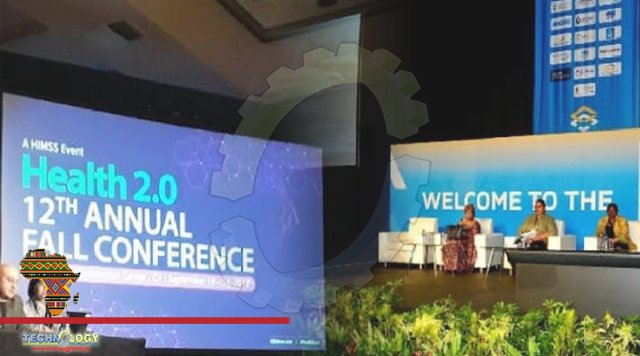We cannot improve health without combating the burden of disease. The decline in communicable diseases and shift to non-communicable diseases particularly in Sub-Saharan Africa is largely attributed to the interventions from Pharmaceutical Healthcare Innovation, which continue to play a pivotal role in addressing this burden.

This is the backdrop against which industry experts, business and thought leaders in healthcare, assembled at the 5th Annual BIO Africa Convention held in Durban this year. In a discussion on “Healthcare innovation in the age of pandemics,” from the perspective of innovative pharmaceutical companies, panellists – Prof. Tienie Stander, Managing Director of VI Research, Dr. Jacques Snyman, Director: Medical of Agility Holdings, Dr. McLean Sibanda, Managing Director of Bigen Global, and Prof. Alex van den Heever, Chair in the Field of Social Security Systems Administration and Management Studies at the Wits School of Governance – spoke on topics related to their areas of expertise, including intellectual property rights, the National Health Insurance (NHI),Pharmaceutical Healthcare Innovation, improving access by addressing ‘price myopia’, and advocating for alternative reimbursement models, respectively. Some key takeouts to emerge from the discussion are highlighted here. The COVID-19 pandemic and related vaccine development and distribution highlighted a defining aspect of the work of innovative pharmaceutical companies, the importance of intellectual property rights. Intellectual property rights are governed by a treaty managed by the World Trade Organisation (WTO).
The Trade-related Intellectual Property Rights treaty (TRIPS) waiver proposed by South Africa and India at WTO, sought to allow developing country manufacturers to export vaccines produced under the terms of the waiver to other developing countries without the restrictions that apply under the current TRIPS agreement. This proposal generated considerable interest within the pharmaceutical industry and broader society. Pharmaceutical Healthcare Innovation, In June 2022, an agreement was reached at WTO to allow for “governments to authorise local manufacturers to produce vaccines or their ingredients, substances or elements and utilise processes which are covered by patents, without the permission of the patent holders during the pandemic.” Dr. Sibanda’s presentation did not comment on the TRIPS waiver developments in favour of providing an intricate overview of the role that patents play within the pharmaceutical industry, how intellectual property (IP) is shared and considerations as to how South Africa’s patent system can be bolstered. As a parting shot, Dr. Sibanda emphasised the significance of policy coherence on IP, referencing how debacles such as Varichem can unfold in its absence. The Zimbabwean drug manufacturer was forced to stop production of antiretrovirals (ARV) in 2012 to the detriment of the one million people, who were on the drugs in the country.
Source: This news is originally published by africa